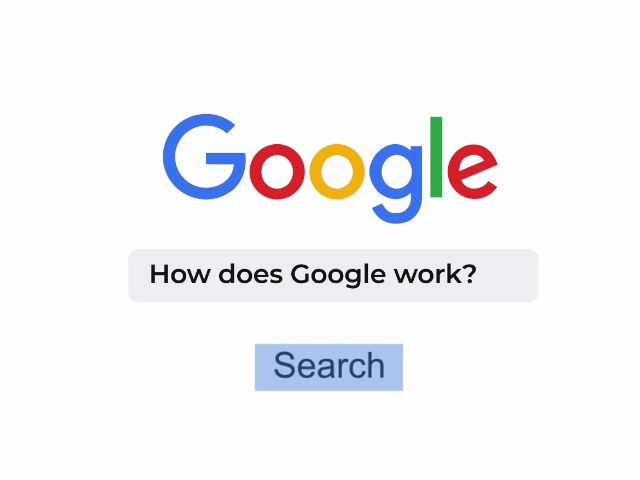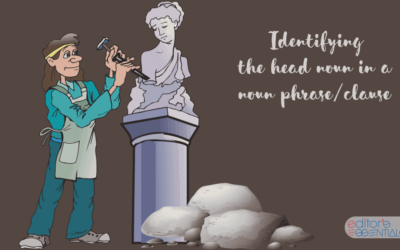Searching the Internet is an art. Almost anyone with an Internet connection has used a search engine at least once. If you are a professional editor, hundreds of times a day!
But has your search always gave what you wanted? Have you ever tried “GRT” to find information about GRT Grand only to get the first few results on GRT jewellers?*
What makes your search better? Especially with respect to Google?**
Any Internet search needs pertinent keywords. If you search “robot”, there are only two entries in the first search-return page about the movie Robot. However, when you try “robot rajini”, all the entries on the first search-return page are related to the movie. (I checked 7 pages and gave up, and all of them returned entries related to the movie!) (Of course, the keywords are not case sensitive.)
Here are some points to ponder.
- Don’t talk wordy. As in editing, avoid wordiness. Instead of “Superstar Rajinikanth and Director Sankar’s movie Robot”, just use “Robot Rajini” or “Robot Sankar”.
- Be specific when possible. If you want to search for the comedian/mimicry artist Robot Sankar (Sun TV fame), try “Robot Sankar mimicry”. Without the word “mimicry” it is almost impossible to find information about the mimcry artist.
- Don’t talk human to your computer. “Machi***, which theater in trichy releases enthiran?” may not be a better choice over “endhiran trichy”.
These are only general guidelines for a better Internet search. There are more specific tips for you, too. Check out the following two pages for a wealth of information on Internet search: Basic search tips and Advanced search tips
Especially the second one, Advanced search tips, offers tips that will earn the envy of your colleages and appreciations from your boss.
What are you still looking for here? Go ahead and learn them. Happy searching!
*It happened when I boarded a city bus to go to a place near GRT Grand, but was taken to GRT Jewellers, because my enquiry at the bus stand (“Which bus will go to GRT?”) took me to a wrong choice of bus. And this was between human beings!
**I’ve never tried anything beyond Google. It works, always.
***Machi (Tamil) = dude



0 Comments
Trackbacks/Pingbacks